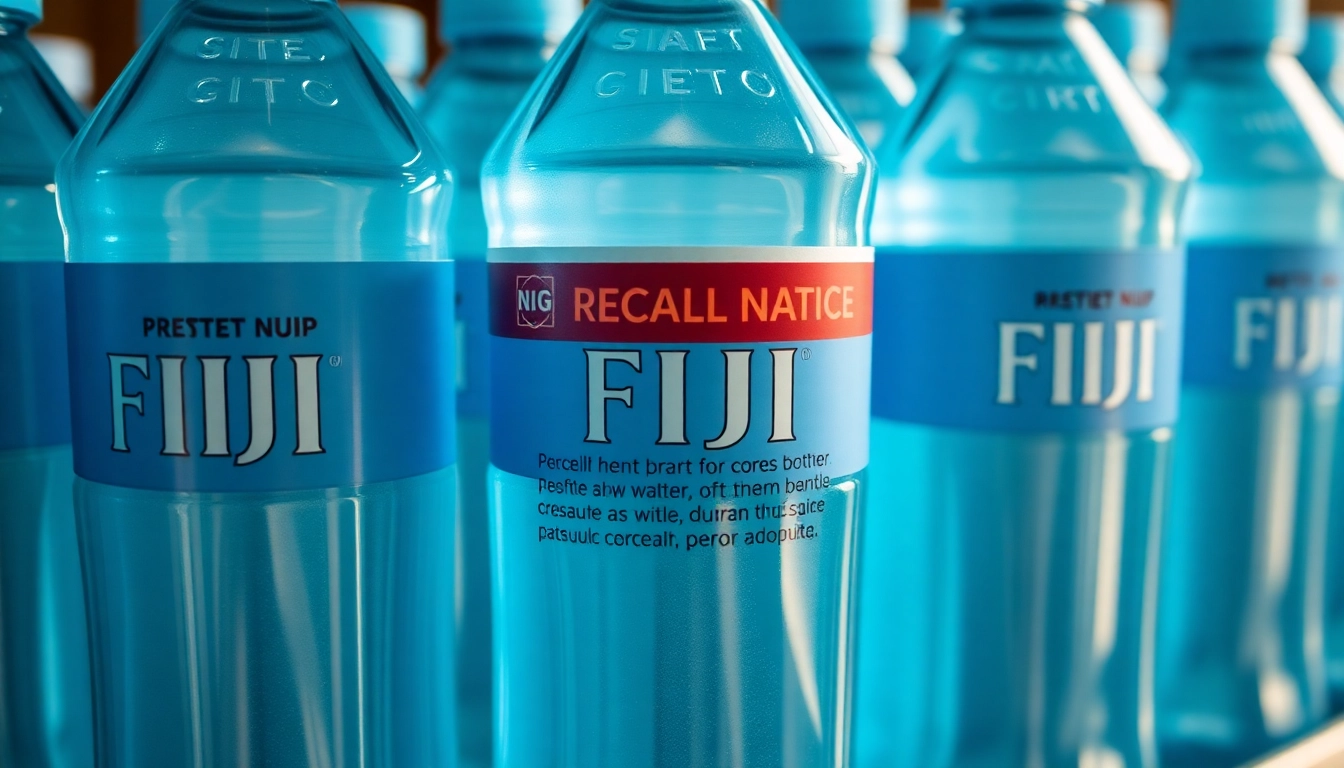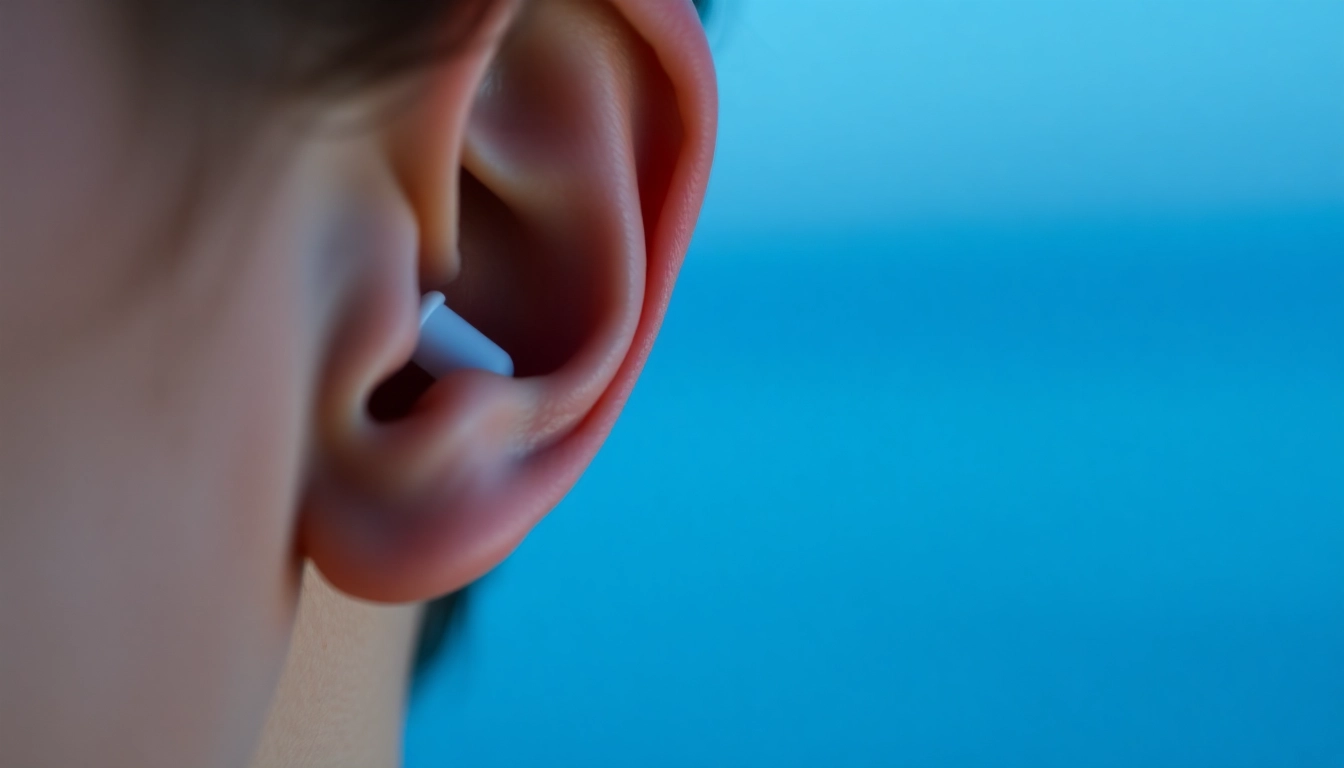Understanding Checkups: What They Entail
Definition and Purpose of Checkups
Checkups are preventive health evaluations conducted by healthcare professionals, including dentists, with the aim of assessing the overall health status of an individual. For dental checkups, these evaluations are not merely about checking the teeth; they encompass comprehensive assessments that can highlight underlying health issues. Regular checkups play a crucial role in identifying potential problems before they become severe or lead to complications, thus promoting long-term oral health.
Frequency of Checkups for Different Age Groups
The frequency of checkups varies based on individual needs, age, and existing health conditions. Generally, the following guidelines are recommended:
- Children: It’s advisable for kids to have their first dental checkup around their first birthday. After that, follow-up visits should occur every six months.
- Adults: Adults should undergo dental checkups at least once a year; however, those with ongoing dental issues may require biannual visits.
- Seniors: Older adults may also benefit from more frequent checkups due to the increased risk of oral health problems, such as gum disease and tooth decay.
Common Procedures During a Dental Checkup
During a dental checkup, several procedures may be performed to ensure optimal oral health:
- Visual Examination: The dentist checks for cavities, gum disease, and potential issues.
- X-rays: Radiographs may be taken to view the condition of the teeth, jaw, and surrounding bone structure below the gum line.
- Cleaning: Typically performed by a dental hygienist, this involves scaling, polishing, and cavity prevention measures.
- Patient Education: Dentists provide personalized advice on dental hygiene, dietary choices, and lifestyle changes that could benefit oral health.
Why Regular Checkups Matter
Preventive Care and Its Benefits
Preventive care is essential for maintaining overall health. Regular checkups can lead to early detection of health issues, which is less costly and complicated to treat than problems detected at a later stage. By managing dental health proactively, patients can avoid more significant procedures and the associated costs in the future. Benefits of preventive care include enhanced oral hygiene awareness, reduced anxiety about dental visits, and increased patient engagement in personal health.
Identifying Problems Early Through Routine Checkups
Routine checkups facilitate the early identification of conditions such as:
- Cavities: Identifying tooth decay early can lead to less invasive treatments.
- Gum Disease: Detecting gum disease in its early stages can allow for treatment that may prevent tooth loss.
- Oral Cancer: Regular assessments help in spotting unusual lesions or signs of oral cancer early, significantly increasing treatment success rates.
Cost-Effective Health Management Strategies
The financial implications of neglecting oral health can be staggering. Dental emergency visits often cost significantly more than regular checkups. For example, treating a cavity can range from $100 to $300, while a routine checkup is much cheaper. Similarly, considering the cost of procedures for advanced gum disease can exceed several thousand dollars. Regular checkups help in avoiding these costs, making them a crucial component of financial planning in healthcare.
Preparing for Your Checkup
What to Expect: A Step-by-Step Guide
Preparing for your dental checkup can enhance your experience. Here is a step-by-step guide:
- Confirm Your Appointment: Double-check the date and time of your visit.
- Document Any Concerns: Write down any specific problems or questions you wish to address during the visit.
- Review Medical History: Be prepared to update your dentist on any medication changes or medical conditions that may affect your dental care.
- Practice Good Oral Hygiene: Brush and floss your teeth before your visit.
Questions to Ask Your Dentist
It’s essential to engage in a conversation with your dentist during checkups. Some helpful questions include:
- What techniques can I use to improve my dental hygiene at home?
- Are there any areas I should be particularly focused on in my oral care routine?
- What are the signs of dental issues I should watch for?
Tips for Managing Dental Anxiety Before Your Visit
Feeling anxious about a dental appointment is common. Here are some strategies to help mitigate that anxiety:
- Communicate: Share your fears with the dentist so they can make accommodations.
- Practice Deep Breathing: Use deep breathing techniques to calm nerves before and during your appointment.
- Listen to Music: Many dental offices allow patients to listen to music during procedures, providing a distraction.
Post-Checkup Care and Recommendations
Understanding Your Dentist’s Advice
After a checkup, your dentist may provide personalized recommendations, which might include:
- Recommendations for fluoride treatments or sealants.
- Suggestions for dietary changes to improve oral health.
- Instructions for follow-up visits or specific at-home care procedures.
Maintaining Oral Health Between Checkups
Maintaining oral health requires daily commitment. Essential practices to include:
- Brushing teeth twice a day with fluoride toothpaste.
- Flossing daily to remove plaque between teeth.
- Avoiding excessive sugar intake which can lead to cavities.
- Staying hydrated to promote saliva production, which is crucial for oral health.
When to Schedule Your Next Appointment
Your dentist will typically advise when to schedule your next appointment based on your oral health condition. Routine visits should occur once every six months, but special cases may require more frequent visits. Staying proactive and adhering to these timelines can significantly improve long-term oral health outcomes.
Choosing the Right Dentist for Your Checkups
Key Factors to Consider
When selecting a dentist, consider the following factors:
- Qualifications and Experience: Look for credentials and experience, especially in handling specific dental issues you may have.
- Office Environment: Visit the office to gauge comfort and cleanliness.
- Services Offered: Ensure the dentist provides comprehensive services, including preventive and emergency care.
Reviews and Recommendations
Reading reviews from other patients can provide valuable insights. Seek recommendations from family, friends, or healthcare professionals. Online platforms can also be useful for assessing patient satisfaction and experiences.
Evaluating Dental Technology and Practices
Modern dentistry incorporates advanced technologies for diagnostics and treatment. Inquire about:
- Digital X-rays: They reduce radiation exposure and provide immediate results.
- 3D Imaging: This technology allows for more precise treatment planning.
- Laser Treatments: Minimally invasive procedures that can enhance patient comfort and reduce recovery time.



